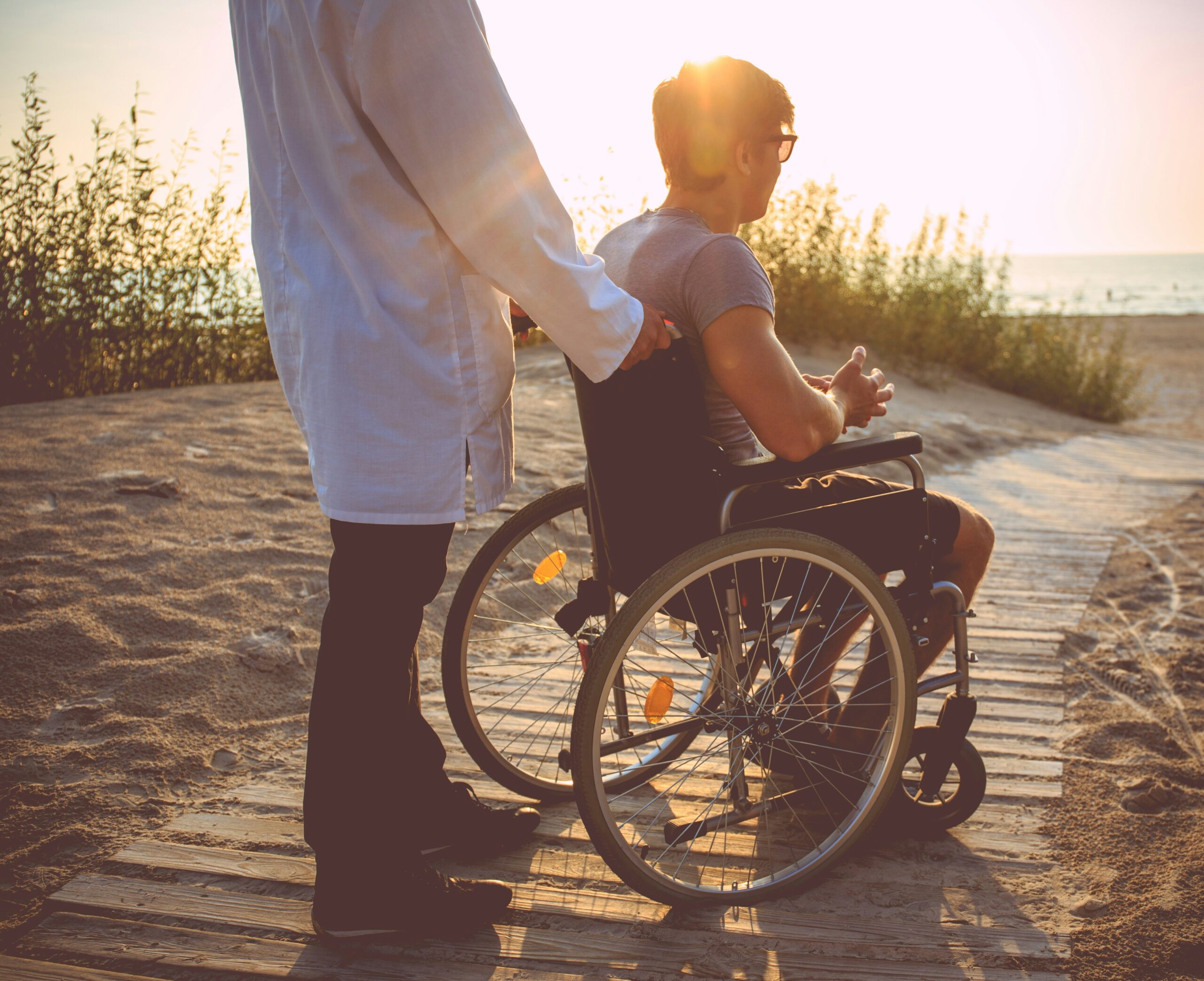Health Alert: 7 Shocking Mental Health Myths That Could Be Hurting You

Introduction
In today’s fast-paced world, the conversation around health has developed and is fine. We no longer talk about physical shape or diet; We are finally accepted that real health in general is. And is it all in the heart of all this? Mental health.
Nevertheless, despite increasing awareness, dangerous myths still dominate public opinion the myth that affects silence, delayed treatment and deep stigma. This misunderstanding is not just old; They actively harm people.
This is a health warning: You think you know about mental health and that can be mistaken and the false faiths can welcome the good or someone you love.
In this eye -opening article, we will highlight 7 shocking mental health myths that remain in social science, stories and experts in real life supported by insight. Towards the end, you will not only recognize these lies, but will understand how to protect yourself and others from their harmful effects.Let’s start.
Table of Contents
Myth #1: “Only Weak People Get Depressed”
The Lie: Depression is a sign of a weak spot. If you had been stronger, you’d just snap out of it.
The Truth: Depression is not a person’s flaw , it’s a medical situation rooted in biology, chemistry, and environment.
Imagine telling someone with diabetes to “simply prevent being diabetic.” Absurd, proper? Yet, thousands and thousands face this identical judgment whilst suffering with melancholy.
According to the World Health Organization (WHO), over 280 million humans globally are afflicted by melancholy. It doesn’t discriminate against athletes, CEOs, mothers and fathers, and college students are all vulnerable.
Dr. Sarah Thompson, a medical psychologist, explains:
“Depression includes modifications in mind chemistry, along with serotonin and dopamine ranges. Telling someone to ‘cheer up’ is like asking a blind character to peer. It’s not a desire, it’s a fitness situation.”
Labeling melancholy as a weak point prevents humans from looking for help. In reality, the simplest forty four% of adults with diagnosable mental illness receive treatment, largely because of disgrace and stigma.Reality Check: Seeking assistance isn’t weak, it’s one of the most powerful things you can do to your health.

Myth #2: “Therapy Is Only for ‘Crazy’ People”
Lies: Therapy is for those who are “broken” or mentally unstable.
Truth: Medical development is a tool for flexibility and self-insight-like crisis management.
Think of therapy like going to the gym for your mind. Just as athletes train their body, professional therapy is used to intensify emotional intelligence, handle stress and improve conditions.
A 2023 study published in Jama Psychiatry found that cognitive behavioral therapy (CBT) reduces the symptoms of anxiety and mood diseases in 75% of patients.
But here is the kicker: Therapy is not just for those in crisis. High Artists – From Olympic athletes to Fortune 500 CEO – using a doctor to adapt to performances and maintain mental health.
Elon Musk, Prince Harry and Oprah Winfrey have all talked openly about therapy. If this is pretty good for them, why should anyone be embarrassed?Power insight: Normalizing therapy means normalizing health. It’s not about breakdown – it’s about getting better.
Myth #3: “Kids Don’t Have Real Mental Health Issues”
The Lie: Children are too young to revel in anxiety, melancholy, or trauma.
The Truth: Mental health struggles don’t wait until maturity; they regularly begin early.
The CDC reports that 1 in 6 children elderly 2–8 has a recognized mental, behavioral, or developmental sickness. Yet, maximum movement is untreated because of denial or lack of knowledge.
We dismiss kids’ emotions with phrases like:“You’re simply being dramatic.”
“You’ll grow out of it.”“Stop overreacting.”
But childhood trauma, bullying, educational stress, and family instability can leave deep psychological scars. Left unaddressed, those troubles enhance into continual conditions.
Take 12-12 months-old Mia, who started out self-harming after relentless cyberbullying. Her dad and mom thought she became “performing out of interest.” By the time she obtained assistance, her anxiety had spiraled.
Pediatric psychiatrist Dr. Alan Reyes warns:
“Ignoring an infant’s intellectual pain is like ignoring a fever. It’s a symptom now, not a section. Early intervention saves lives.” Wake-Up Call: Protecting kid’s fitness, being attentive to their ache now, not silencing it.

Myth #4: “Medication Is a Crutch, You Should Fix Yourself Naturally”
Lies: Antidepressants or anti-Worry medicines mean you are addicted or lazy.
Truth: Medication is a valid, life-saving part of mental health treatment insulin for diabetes.
Studies of brain imaging show a clear difference in nervous activity between individuals and those individuals on the drug. SSRIs -s (selective serotonin -reptec inhibitors) help restore chemical balance.
Nevertheless, the fear of bullets holds millions of effective care. Some believe that complement, meditation or willpower can cure clinical disorders alone.While lifestyle changes help, they are rarely enough for moderate to severe conditions.
Think of an experienced James with PTSD. He counteracted the substance for years, and only depends on exercise and ironing. When his bad dreams and panic attacks got worse, he finally tried the prescribed therapy and with. In the course of weeks, he said:
“It wasn’t magic, it was medicine. For the first time in many years I felt human.”
Tough Facts: Do not let the medicine choose – it takes control of your health.
Myth #5: “If You’re Smiling, You Must Be Fine”
The Lie: Happy humans don’t wage war with mental illness.
The Truth: The maximum dangerous fantasy of all as it hides struggling in plain sight.
Many high-functioning people with melancholy, tension, or bipolar disorder wear masks of perfection. They giggle at events, excel at work, and post comfortable pics even as silently drowning inside.
This phenomenon, known as smiling depression, influences an estimated 10–15% of people with depressive issues.
Social media amplifies this illusion. We compare our in the back-of-the-scenes struggles to others’ highlight reels, feeling greater remoted and broken.
Actor Robin Williams, cherished for his humor, died by suicide despite appearing happy to the arena. His spouse later said:
“He became an exceptional man at hiding his pain.”
Critical Reminder: Never choose someone’s fitness via their smile. True wellbeing isn’t performative, it’s covered.
Myth #6: “You Can’t Recover From Mental Illness”
The Lie: Once you’re identified, you’re broken for all time.
The Truth: Recovery isn’t handiest viable it’s common.
With the right remedy, help, and self-care, many humans not have the most effective control signs and symptoms but thrive. Remission quotes for foremost melancholy with treatment are between 60–eighty%.Recovery doesn’t suggest by no means having awful days. It approaches building tools to cope, grow, and stay meaningfully.
Meet Lena, recognized with bipolar disorder at 25. After years of instability, she determined stability through medication, remedy, and peer guide. Today, she runs a nonprofit helping others navigate mental health journeys.“I’m now not ‘cured,’” she says. “But I’m healthy. I’m glad. I’m living.”
Hope-Fueled Truth: A prognosis isn’t an existence sentence, it’s the first step closer to recuperation.
Myth #7: “Mental Health Doesn’t Affect Physical Health”
The Lie: Your thoughts and body are separate what occurs for your head stays there.The Truth: Mental and physical health are deeply intertwined.
Chronic stress increases cortisol, which weakens immunity, increases blood strain, and contributes to coronary heart ailment.Anxiety can motivate digestive problems, muscle tension, and insomnia.Depression doubles the hazard of stroke.
The American Heart Association now recognizes intellectual health as a key component in cardiovascular health.
Moreover, terrible mental fitness results in dangerous behaviors: smoking, overeating, substance abuse, and skipped medical appointments all worsening bodily effects.
Conversely, treating intellectual infection improves bodily fitness. Diabetics with controlled despair have better glucose manipulation. Cancer patients with remedy record less pain and fatigue.
Game Changing Insight: Ignoring your mind harms your frame. True health demands both be cared for equally.
What You Can Do: Break the Myths, Build Better Health
Now that you have seen the truth behind these 7 myths, the time is at work.This way you can protect and promote real health for yourself and others:
1. Educate yourself and others
Share facts. Challenge stereotypes. Use respectable language (“no” schizo “).
2. Talk openly about mental health
Normalize conversations. Ask, “How are you really?” Listen without a decision.
3. Get help quickly
Don’t wait for the crisis. Therapy, consultation or even a reliable physician can create all differences.
4. Support mental health campaigns
Lawyers for workplace programs, the school’s resources and policy changes.
5. Practice your self-compassion
Healing begins with mercy not criticism.
Final Thought: Redefining Health
We’ve spent decades separating the mind from the body, emotion from strength, pain from legitimacy. But the future of health is integrated, compassionate, and courageous.
These myths persist because we’ve allowed silence to grow louder than truth. But you now hold that truth.
Every time you challenge a misconception, support someone in need, or prioritize your own mental wellness, you’re not just improving individual lives you’re transforming culture.So let this be more than a blog post.Let it be a movement.Because real health isn’t about pretending everything’s fine.It’s about having the courage to say: “I’m not okay and that’s okay. I’m getting help. I’m healing. I’m human.” And that is the most powerful form of health there is.
Q: Can mental health issues just be “snapped out of”?
A: No, mental health conditions are not a choice or sign of weakness. They’re medical issues that often require treatment, like therapy or medication. Telling someone to “cheer up” is as unhelpful as telling a diabetic to “just produce more insulin.”
Q: Is therapy only for people with severe mental illness?
A: Absolutely not. Therapy is a powerful tool for everyone from managing daily stress to overcoming trauma. Prioritizing your mental health with therapy is a sign of strength, not crisis.
Q: Do children really experience mental health problems?
A: Yes. Up to 1 in 6 children aged 2–8 have a diagnosed mental, behavioral, or developmental disorder. Early intervention is key ignoring symptoms can lead to long-term challenges in school, relationships, and overall health.









